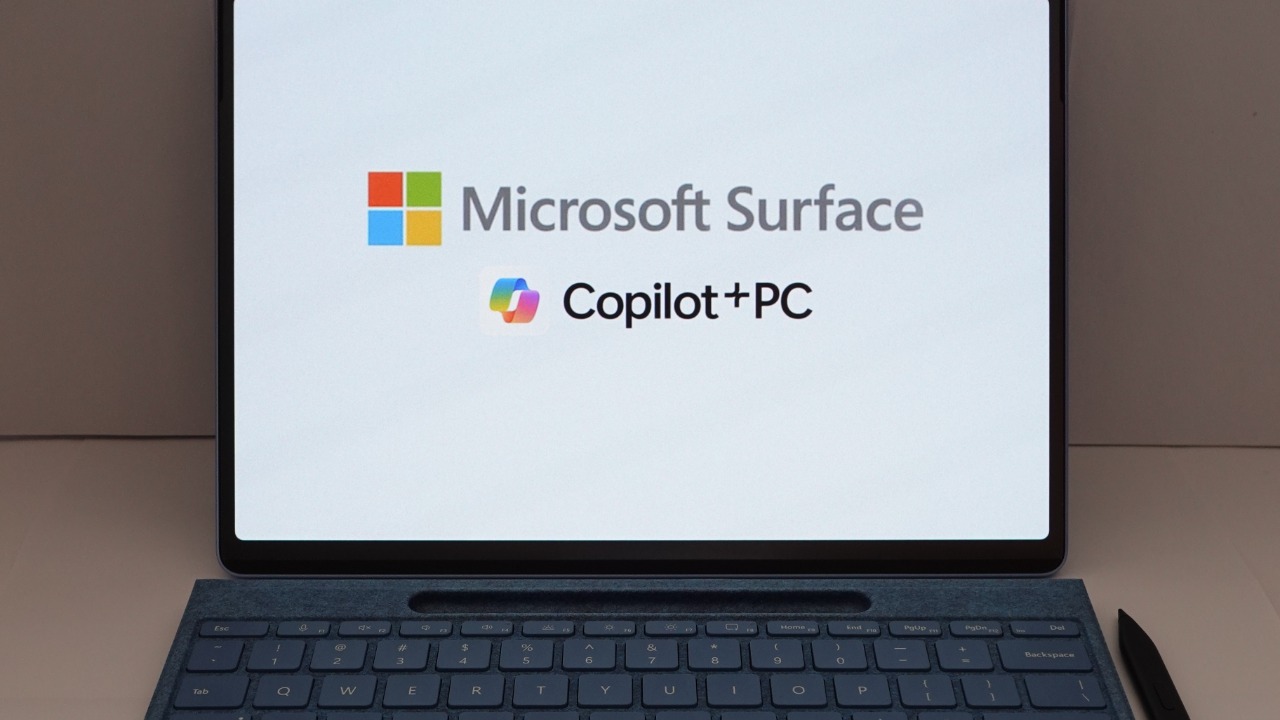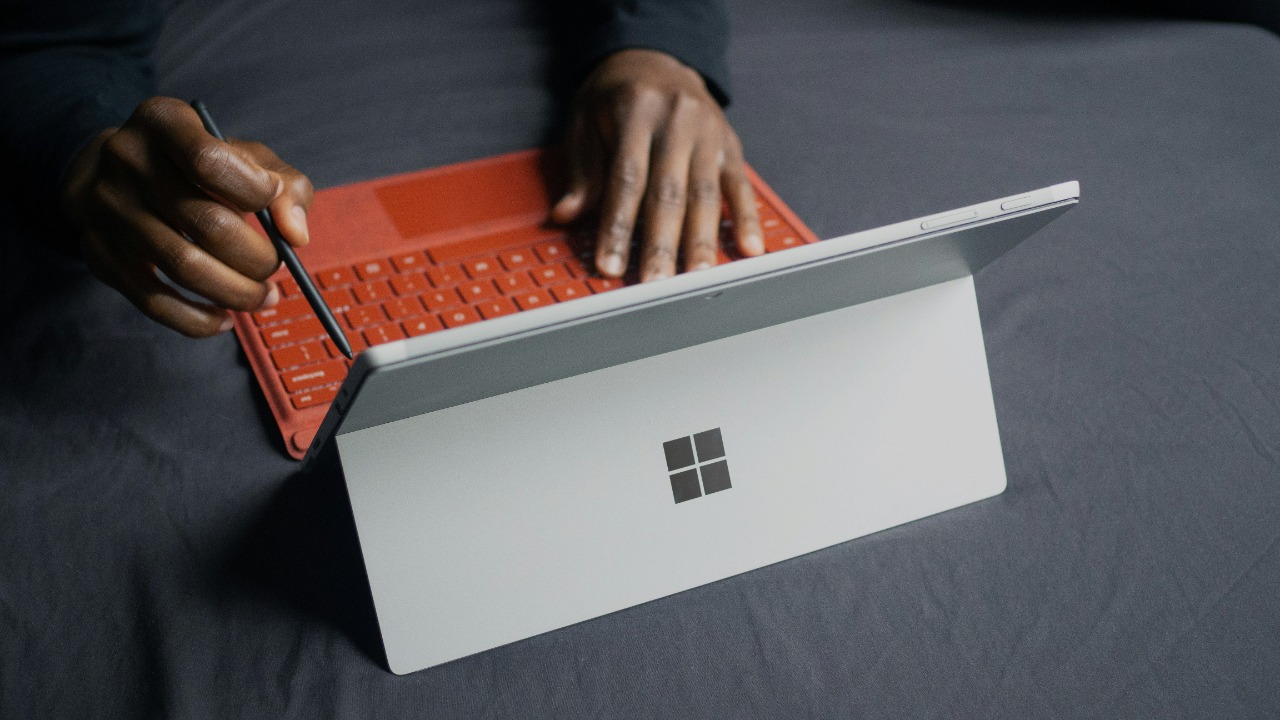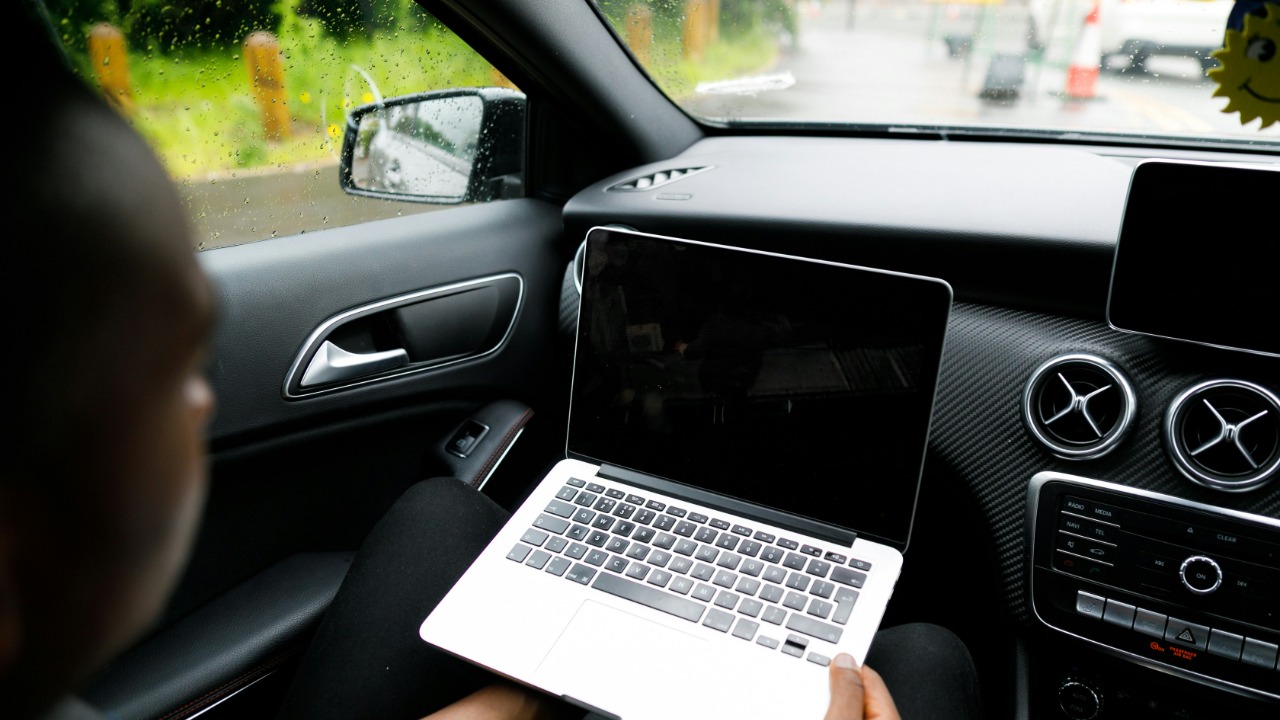Artificial Intelligence (AI) is ushering a revolution in the modern workplace, with the latest advance being laptops equipped with AI copilots. This groundbreaking shift could potentially redefine how we work and interact with our digital devices.
Understanding AI Copilots in Laptops

AI copilots are essentially smart assistants integrated within laptops. They offer a myriad of functionalities, such as scheduling tasks, managing emails, and even providing real-time suggestions based on user behavior. The goal is to create an intelligent interface that makes the laptop more intuitive and user-friendly. Microsoft, for instance, is playing a significant role in this domain, with its AI Copilot designed to learn, adapt, and provide personalized assistance to users.
These copilots are not limited to just basic tasks. They can also perform complex operations like coding assistance, data analysis, and language translation. Microsoft’s AI copilot even offers a dedicated key on the keyboard, providing instant access to its capabilities and making it an integral part of the user experience.
The Evolution of AI Copilots: From Concept to Reality

The concept of AI copilots is not entirely new. Digital assistants like Siri, Alexa, and Google Assistant have been around for years. However, integrating AI into a laptop to serve as a copilot signifies a major leap in technology. The initial concept of AI copilots was to create a system that could perform basic tasks autonomously. Over time, they have evolved to become more sophisticated, learning from user interactions and offering personalized recommendations.
The technology behind AI copilots is a combination of machine learning algorithms and natural language processing. These systems learn from user behavior, analyze patterns, and make predictions based on the data. This technology makes copilots capable of learning and evolving, transforming them from mere tools to intelligent assistants.
Implications of AI Copilots for Workplace Efficiency

AI copilots can significantly enhance workplace efficiency. Their ability to manage tasks, schedule meetings, and offer suggestions can help users navigate their work more smoothly. For instance, Microsoft’s copilot uses AI to predict the user’s needs based on their usage patterns, providing relevant information and suggestions. This level of personalization can significantly improve productivity and multitasking capabilities.
Moreover, AI copilots can also play a pivotal role in digital organization and time management. They can categorize emails, prioritize tasks, and even remind users of upcoming deadlines. This could potentially revolutionize the way we manage our work, making it more streamlined and organized.
AI Copilots and Remote Work: A New Normal?

The introduction of AI copilots could have a profound impact on remote work and the digital nomad lifestyle. With their ability to manage tasks and provide real-time assistance, AI copilots can make remote work more efficient and manageable. This could potentially redefine the way we work, making remote work more accessible and productive.
However, AI copilots are not without their challenges. They are blurring the boundaries between work and personal life, with their constant presence potentially leading to an always-on work mindset. While this could lead to increased productivity, it could also lead to burnout and stress. It’s crucial to find a balance and use these tools wisely to prevent them from becoming a source of stress rather than a productivity booster.
Challenges and Concerns Surrounding AI Copilots

Despite their potential benefits, AI copilots do raise some concerns. One of the significant issues is privacy. AI copilots learn from user behavior, which means they collect and analyze a lot of personal data. This raises questions about data security and privacy. While companies like Microsoft assure users of data encryption and strict privacy policies, concerns still persist.
Furthermore, AI copilots are not perfect. They can make mistakes and misinterpret user commands, leading to potential errors. Moreover, they require a learning period to understand user behavior and offer accurate suggestions. This could potentially make them less effective in the initial stages of use.
Future Outlook: AI Copilots and the Next Generation of Work

The integration of AI copilots in laptops signifies a new era in the digital workplace. As these systems continue to evolve and improve, they will likely play an increasingly significant role in our work lives. The possibility of AI copilots becoming a standard feature in all laptops is not far-fetched, given the pace of technological advancements.
AI copilots hold the potential to create a more accessible and inclusive digital workplace. They can assist individuals with disabilities, making digital tools more accessible and easy to use. This could potentially transform the workplace, making it more inclusive and accessible for all.